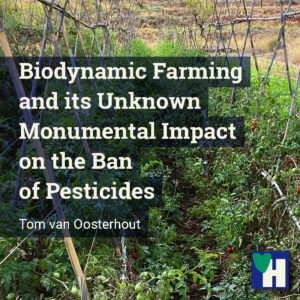
Silent Spring is one of the most prominent books regarding the negative effects of pesticides, with direct influence on government, industry, and civil society.
More specifically the book was a fierce complaint against the use of the pesticide DDT, dichlorodiphenyltrichloroethane.
The book was published in 1962 and was written by Rachel Carson. The impact of the book was immediate and substantial. Silent Spring lies at the roots of the rapid and extensive growth of the environmental movement in the 1970s.
Moreover, the establishment of the USA Environmental Protection Agency (EPA) in 1970 can be attributed to Silent Spring. In 1972 the first big success of this agency was the ban of DDT.
There is however an intriguing story behind Silent Spring. A story seldom told and even forgotten by those who prospered most of it.
Some of the links are affiliate links. As an affiliate associate, we earn a commission when you purchase any of the products offered through the shared links at no extra cost for you. This helps us maintain this website.
Table of contents
An unknown fact about biodynamic farming
Common sense has it that the fight against toxic chemicals threatening biodiversity boosted alternative ways of farming, such as organic and biodynamic farming. The truth is that it’s the other way around.
Rachel Carson (1907-1964)
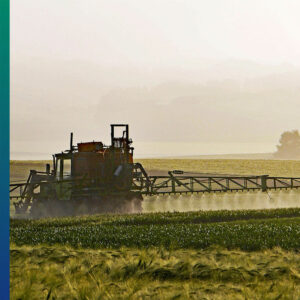
Key to the understanding of the impact of biodynamic farming on the ban on pesticides is Rachel Carson’s 1962 bestseller Silent Spring. The book is still in print. For €1,30 the book is for sale as an ebook.
Carson was a marine biologist and zoologist. She was the second female admitted as an employee at the U.S. Bureau of Fisheries in 1936. There she was assigned to analyze field data and report about these data to the general public.
In 1952, when she was 45 years of age, she quit her job to become an independent author. This was enabled by the success of her first 2 books: Under the Sea Wind and The Sea Around Us.
Silent Spring
The central theme of Silent Spring is the negative impact of human interventions on the environment, more specifically that biocides have on biodiversity.
‘Biocides’ is the word Carson uses to indicate chemical toxins – such as pesticides – which have unlimited negative effects on animals, plants, and human life.
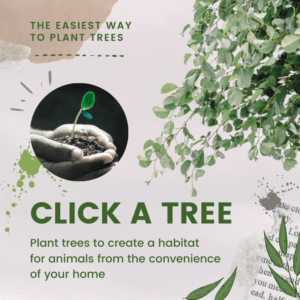
Pesticides, which are claimed to target specific – so-called – detrimental insects, always tend to destroy ecosystems indiscriminately.
Moreover, as Carson writes, within a very limited period of time, most insects get immune to the biocides used.
The Dark Ages?
Silent Spring was based on extensive scientific research. This did not prevent politicians and the chemical industry to deny the reliability of the conclusions of the book and to slander and threaten its author, publisher, and promotors.
One of the most notorious critics used the following words: “If man were to follow the teachings of Miss Carson, we would return to the Dark Ages, and the insects and diseases and vermin would once again inherit the earth.”
Biodynamic farming and Silent Spring

What is less known, is that Silent Spring is largely based on the proceedings of the Long Island Spray Trial (1957-1960). This is a series of legal actions taken by two biodynamic farmers from Long Island (New York State, USA).
These legal actions were all taken against the United States Government for indiscriminately spraying DDT, and demanding an immediate ban on this practice.
For her book, Carson consulted and referenced many specialized scientists and scientific publications explaining the detrimental effects of pesticides. However, in Silent Spring no references are made to the biodynamic farming sources of her research.
Carson’s arguments for omitting any reference to the biodynamic farming movement are twofold.
Her first argument is that during the trial the judge dismissed all claims to ban DDT with a reference to the biodynamic prejudices of the farmers, and the scientific witnesses who they presented at court.
Her second argument was that in contrast, and simultaneously, the same judge declared to be positively impressed by the witnesses of the defense, who had conducted scientific research for the chemical industry.
As a consequence, Carson did not want to mix up the message to the public in her book with references to the biodynamic farming movement. Instead, she emphasized the scientifically proven detrimental effects of pesticides, more specifically of DDT.
Related: Why Does Alternative Farming Come in So Many Unique Varieties?
Lessons Learned?
Carson states that one of the most basic human rights is the ‘right of the citizen to be safe in his own home against the intrusion of poisons applied by other citizens’.
Despite the enormous impact of Silent Spring, and the scientific evidence accumulated in the years after its publication, there are some signals of relapse in the vigilance against toxic chemicals in agriculture.
Take for example Spain. Already in 1964, Silent Spring was translated in Spanish as Primavera silenciosa. The book was introduced in Spain by the writer, journalist, and politician Josep Maria Massip Izàbal.
In 1963 and 1964 he was a correspondent in Washington for several Spanish newspapers and almost verbally translated Carson’s book in his articles.
Unfortunately, the impact of Primavera silenciosa on the use of pesticides in Spain has been and still is very limited. In Europe, Spain uses the largest amount of pesticides, herbicides, and fungicides, at home as well as in agriculture.
Passing through the Spanish countryside we often see men spraying poison on herbs or large tractors spraying pesticides on fruit trees and vegetable fields.
The use of so many pesticides in Spain is remarkable because it is also the European country with the largest organic agricultural area (2.1 million hectares at the end of 2017). And Spain is fourth on the world scale of organic agricultural areas.
Related: Global Biodiversity Dictates the Quality of Our Life.
Citrus Greening Disease
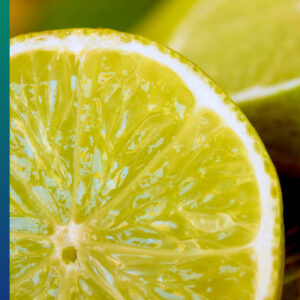
Agriculture without toxic chemicals, such as biodynamic and organic farming, is not an easy job. This is best illustrated with the example of the Citrus Greening Disease.
Citrus trees are vulnerable
The Citrus Greening Disease is caused by bacteria, more specifically the Liberibacter. This bacteria is transmitted by host-specific plant-feeding insects.
In this case, it is spread by the Asian and the African Citrus Psyllid bacteria. The psyllids feed themselves on the juice of the citrus tree. The African Citrus Psyllid also spread into Spain (Galicia).
Some countries abandoned the production of organic citrus fruits, causing significant losses in organic citrus areas.
Biodynamic farming requires an integrated management system
Despite the use of chemical toxins, the Citrus Greening Disease continues to spread. Research revealed that the disease can only be contained with an integrated organic management strategy. This strategy includes the following three steps:
- The first step is to grow high biodiverse groundcover under organic trees to maintain flowers promoting beneficial insects.
- The second step is the use of biological control with fungi and parasitoids against the host of the bacteria – the psyllids.
- The third step is to reinforce the tree’s natural resilience.
Biodynamic farming as an alternative for toxic chemicals
The example of the Greening Disease illustrates how difficult and pioneering the work of Rachel Carson was. More in general how difficult and pioneering alternative types of agriculture are, such as biodynamic and organic farming.
The risks of the use of pesticides, herbicides, and fungicides are substantial. Most specifically they threaten biodiversity. These toxic chemicals also threaten healthy types of farming.
Because there are enough and sufficient alternative control strategies for toxic chemicals, these toxic substances should be banned immediately and banned forever.
What is your opinion about pesticides? Please let us know in the comment box below.


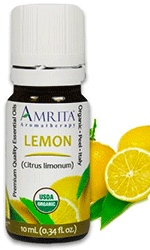
We are lucky enough to live in the countryside which gives us access to a lot of organic produce. I was impressed at the amount of work needed to sustain this type of produce, not to mention the knowledge that unfortunately is not that easily available…
Hi Naomi,
Thank you for your comment. I agree information about organic, ecological, or sustainable farming is hard to come by.
A couple of years ago Hannie and I followed a 2-day course on ecological farming. It was in Spanish, so we learned more from the day we worked outside in the field than from the theory.
Only recently we have picked up our theoretical course papers again. With the dictionary in hand, we come a long way. But it’s a lot of information. And that’s just one thing. Applying the information takes quite an effort.
We enjoy the fruits of our labor though.
Regards,
Tom